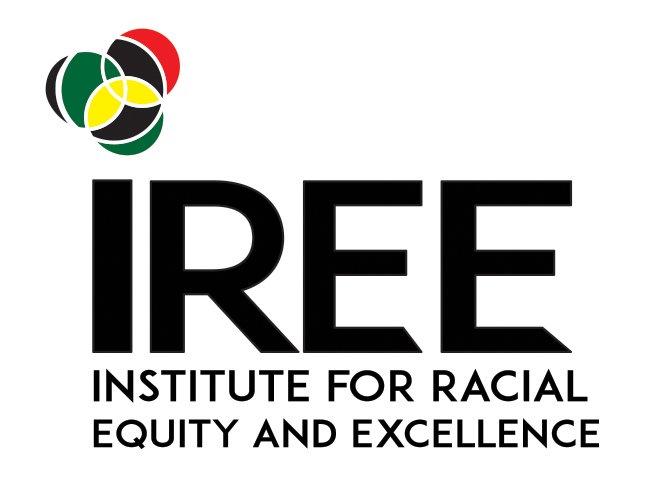Preschool Suspensions: Addressing Disproportional Discipline Practices
The school-to-prison pipeline is a national problem that disproportionately affects students of color and students with disabilities. It refers to the process by which students are funneled out of school and into the criminal justice system. There are a number of factors that contribute to the school-to-prison pipeline, including:
Zero-tolerance policies that mandate harsh punishments for even minor infractions
Lack of access to resources for students with disabilities
High rates of poverty and crime in schools
Implicit bias on the part of teachers and other adults
The school-to-prison pipeline has a number of negative consequences for students, including:
Increased risk of dropping out of school
Increased risk of incarceration
Decreased opportunities for employment and higher education
Increased risk of mental health problems
Increased risk of substance abuse
There are a number of things that can be done to address the school-to-prison pipeline, including:
Reforming zero-tolerance policies
Providing more resources for students with disabilities
Reducing poverty and crime in schools
Addressing implicit bias
The school-to-prison pipeline is a complex problem, but it is one that we must address if we want to create a more just and equitable society.
